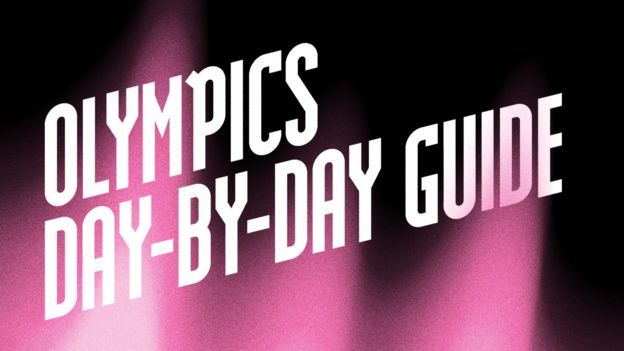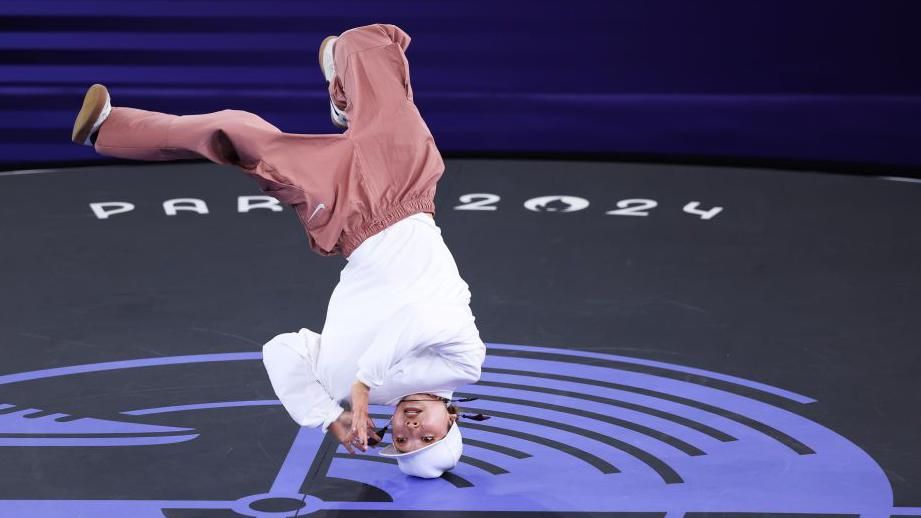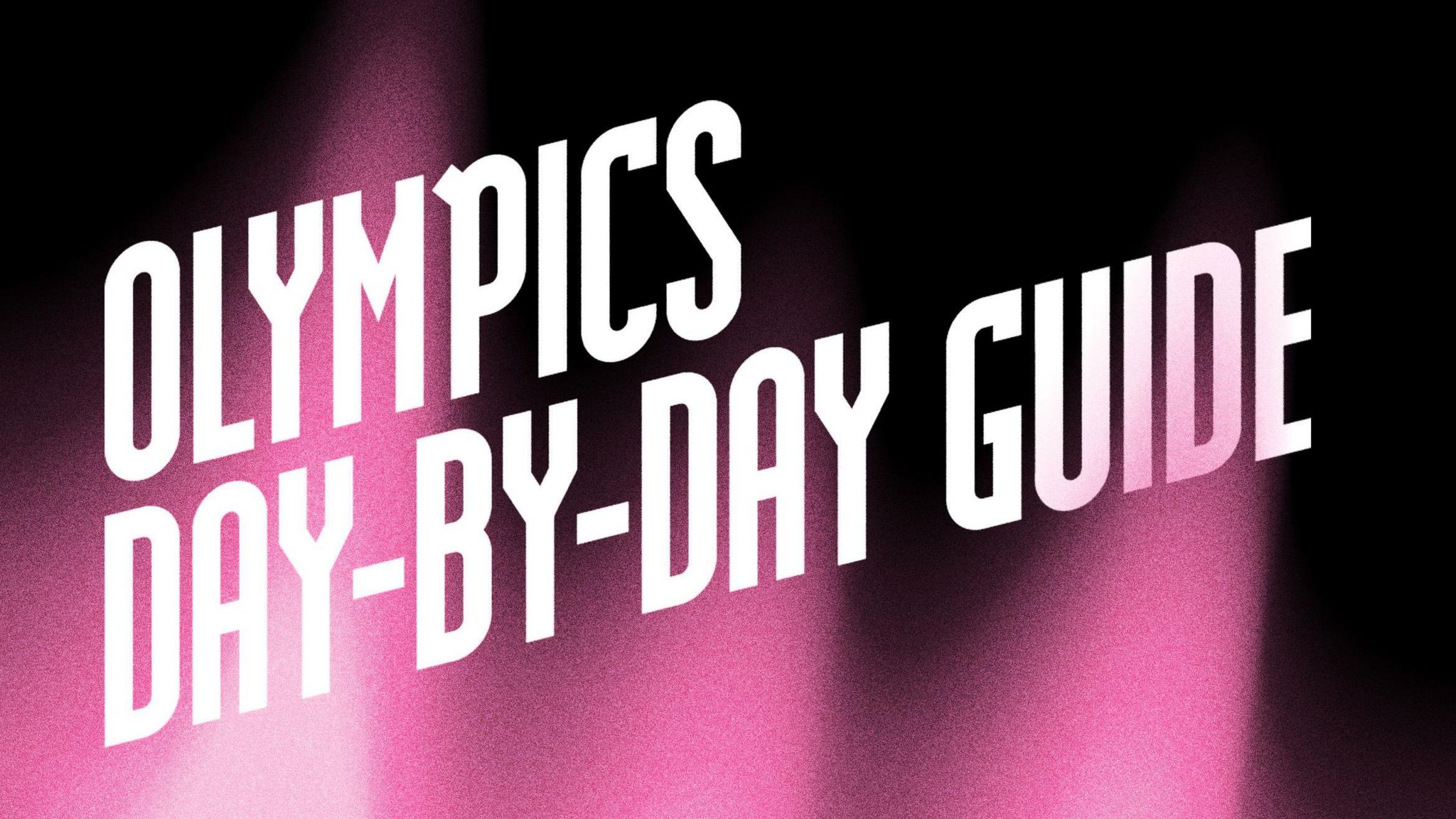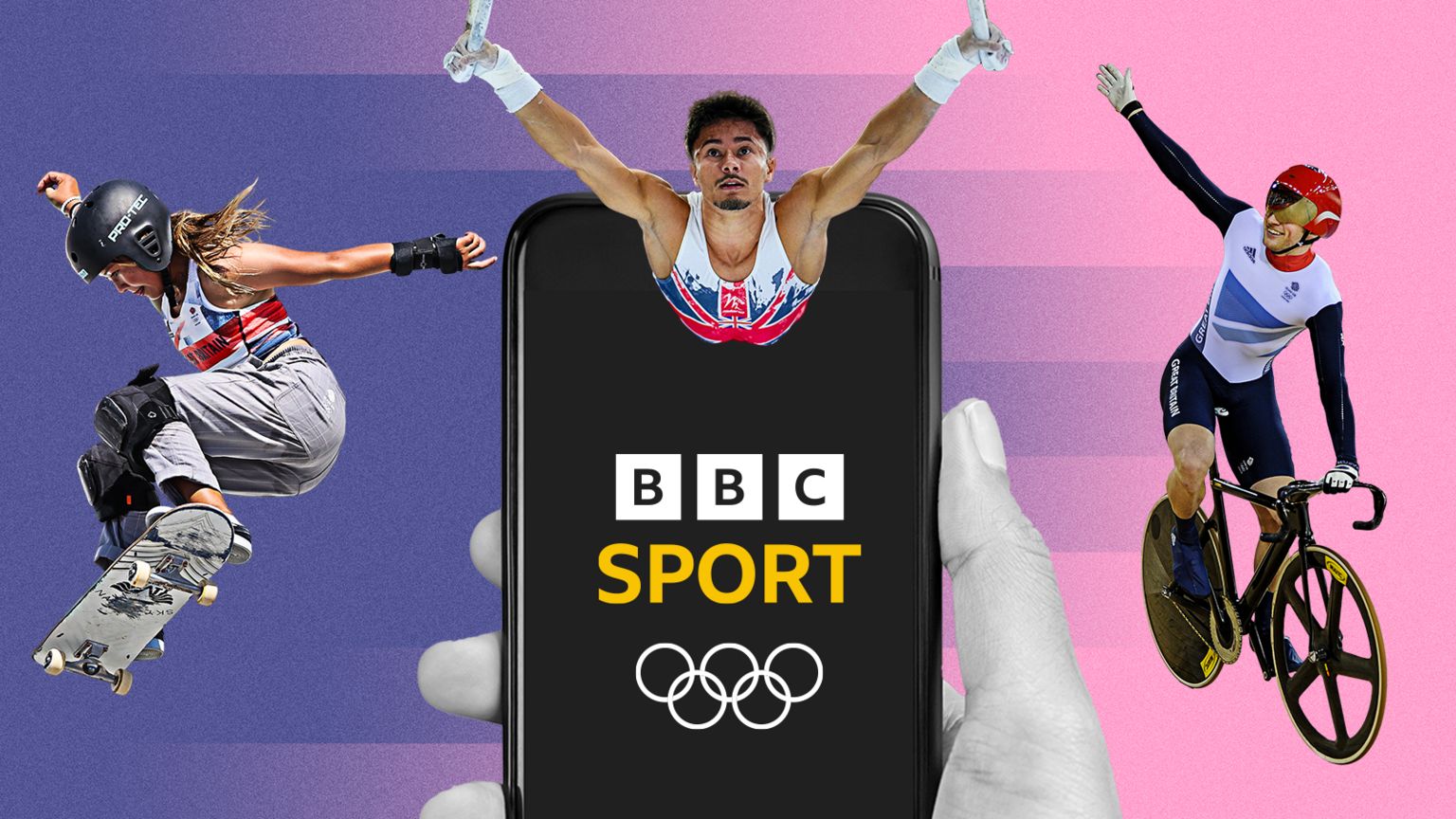Breaking makes head-spinning Olympic debut
Breaking makes its hotly anticipated Olympic debut as head-spinning, DJs and a whole new vocabulary take centre stage in Paris.

This video can not be played
To play this video you need to enable JavaScript in your browser.
Breaking made its hotly anticipated Olympic debut as head-spinning, DJs and a whole new vocabulary took centre stage in Paris.
From its top rock to freezes, down rock to drops, the Games’ newest sport wowed fans in the noisy open-air arena with its blend of acrobatic moves, spins and complex footwork before crowning its first Olympic champion in Japan’s Ami.
Nicka of Lithuania spun her way to silver and China’s 671 took bronze.
Breaking – a style of street dance that originated in 1970s New York – has been introduced to attract new and younger audiences to the Games.
One of the French capital’s most famous parks – the Place de la Concorde – has been transformed into an urban sports area for these Games and it was here, with the Eiffel Tower and Grand Palais in the skyline, that breaking burst on to its biggest stage to a thumping beat.
Two lively masters of ceremonies (MCs) gave regular explanations to a crowd who might have been watching for the first time as 16 b-girls faced off in one-on-one battles through a round-robin and knockout phase.
It was part show, part sport, part dance – but all fun.
There are not many Olympic events, after all, where the judges give their own performance before they head for their seats.
And they were not judging according to a prescribed scoring system of points for moves – they simply used a digital slider to vote.
There were not even set routines – the b-girls, as the female dancers are called, have no idea what music the DJs will choose to play so their 60-second turns (throw downs) are improvised.
But the moves were spectacular – regularly drawing ‘oooohs’ from the crowd as they spun around, balanced on their head or one hand, swung through flairs or froze on the spot while contorted.
And the gestures were immense – finger-wagging and posturing while their rival performed, but also clapping each other on and embracing.
It was clear both fans and athletes were savouring the moment, especially since there is no guarantee it will ever be at the Olympics again.
It is not on the programme for Los Angeles in four years’ time, but this energetic debut may have been watched with interest by the organisers of Brisbane 2032 while they shape their Games.
“I’m super-happy to be here,” said 2022 world champion India, who lost to 671 in the bronze-medal battle.
“It means a lot. It is the first time that breaking has been on such a high platform – it’s the biggest showcase in the world.”
Rapper Snoop Dogg opened the event, while International Olympic Committee (IOC) President Thomas Bach was in the stands to witness the latest sport he has brought into the fold.
Added to the Games as part of the IOC’s drive to attract new and younger audiences, it joined skateboarding, sport climbing and BMX freestyle among urban sports on the schedule.
It is the b-boys’ turn on Saturday to battle for gold in a sport whose roots can be traced to the Bronx, New York in the 1970s as part of hip-hop culture.
-
-
2 hours ago
-
What was the reaction to breaking’s debut?

Organisers had been getting everyone in the mood for breaking all week in the urban sports park at La Concorde.
From displays before the skateboarding to b-girls and b-boys carrying out their practice sessions in front of the public, there had been a real drive to bring a flavour of what fans could expect from a sport many will never have seen before.
And it proved popular.
From kids in gangways trying out moves they had seen, to others gamely taking part in the public ‘have-a-go’ sessions around the park, the sport has been embraced.
It has new fans but also drawn praise from those involved in breaking for a long time.
“It’s great that it’s getting this kind of visibility and that all these people who have worked so hard are being celebrated,” former dancer Kid Keir, Physical Jerks Crew, told BBC Sport.
“Some people feel that breaking/b-boying is an art form and isn’t actually a sport, so shouldn’t be in the Olympics. Mainly because individuality, creativity, and musicality are central to this art form, and there isn’t a ‘right way’ to do things, so judging is very subjective.
“Personally, I have the greatest respect for anyone who puts themselves out there and works so hard at their passion.”
Related Topics
-
-
2 hours ago

-
-
-
26 July

-









